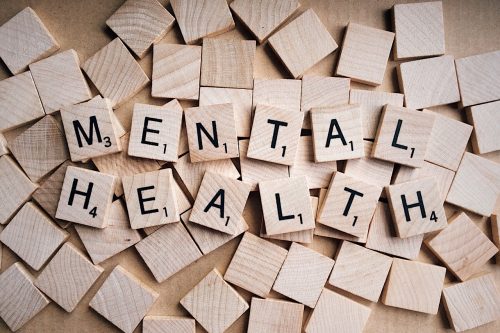People tend to focus on how the individual copes with their mental illness. They stress how affected individuals need to do this and that to get through their negative emotions. But what they sometimes forget is that a lot of external factors influence the status of mental health in individuals.

For example, the individual is affected by the environment. Elements of this include the individual’s family, friends, and the entirety of the society where they belong. And what shapes an individual’s environment? The answer is culture.
Culture affects how one’s society reacts to issues concerning mental health. That, in turn, affects the individual’s overall mental state. The effects could be good or bad, depending on society’s beliefs, traditions, and practices. To further understand this, here are five ways culture could affect mental health and the individual:
- It could bring in either support or stigma.
In general, culture affects how people receive mental health issues in society. A community that is more skeptical of the legitimacy of mental health disorders is more likely to brush them off. Phrases like “Just be happy,” “Snap out of it,” or “Get over it” are common.
There are also some communities that do recognize the legitimacy of mental health but have values that still stigmatize it. For example, some Western cultures value being self-reliant and autonomous. But looking up to these values can sometimes go overboard. I make it difficult for individuals to accept that they have a mental health problem and that they need help.t
On the other hand, cultures and societies that put a priority on mental health are more accepting of those who struggle with mental health issues. They’re more likely to understand that it is something that isn’t always in the individual’s control. A reminder from Licensed clinical psychologist John Mayer, Ph.D. “Negative thoughts are just a part of life, but they don’t have to consume you. Instead of trying to ignore those thoughts altogether, try countering them with positive statements.”
- It affects the number of venues where those with mental illnesses can seek help.
Another way culture affects mental health is in in the number of medical institutions that offer support for it. If one had a mental health illness, how many places in their society offer counseling or therapy services by licensed psychologists?

The more accepting society and culture are of the legitimacy of mental health, the more there will be venues where those affected can seek help. However, “Sadly, only a small percentage of people actively seek professional help for their mental health problems,” Sal Raichbach, PsyD explains.
- It affects how institutions (work or academic) treat their constituents.
Culture also plays a part in deciding how an individual’s peers and superiors treat them and their mental health. These include your boss, your teachers and professors, and even your colleagues.
A society that puts a premium on maintaining mental health is more likely to have institutions that care about its employees’ or students’ well-being. For instance, your boss might allow you to take the rest of the day off if he/she finds out that your illness is acting up.
- It can either bolster or hinder local studies on mental health.
How a society views mental health also decides the number of researches will be available. It is a big deciding factor as the government decides how much funds they will allow each sector of society to have.

If the culture is thinking highly of the importance of mental health, more funds are likely to be allocated to scientists and psychologists who can research about it. If not, this is unlikely.
- It can greatly affect how the affected individual copes.
Most importantly, culture and how it affects society inevitably affect how individuals with mental health issues cope with their hardships. Society’s consensus, the institutions in it, and studies concerning them—all these have a hand in deciding how well those with mental health issues can cope. They could either benefit the affected or worsen their symptoms.
“Our society tells us that if you talk about your issues, express your feelings, or even verbalize you have a mental health disorder, you must be “weak.”,” Ryan Parks, M.Ed, LPCC said. Culture and society play a huge part in the lives of individuals with mental health problems. Given this, people everywhere should become more aware of mental health and what it entails. It stands whether that person is affected by mental health illnesses or not. We should all help each other get through problems that worsen one’s overall well-being.
If your culture sees the importance of mental health, find a way to better its services and institutions. And if it has yet to realize its value, do your part in raising awareness. Change the culture. It’s time for people to recognize mental health is essential, regardless of cultural differences.